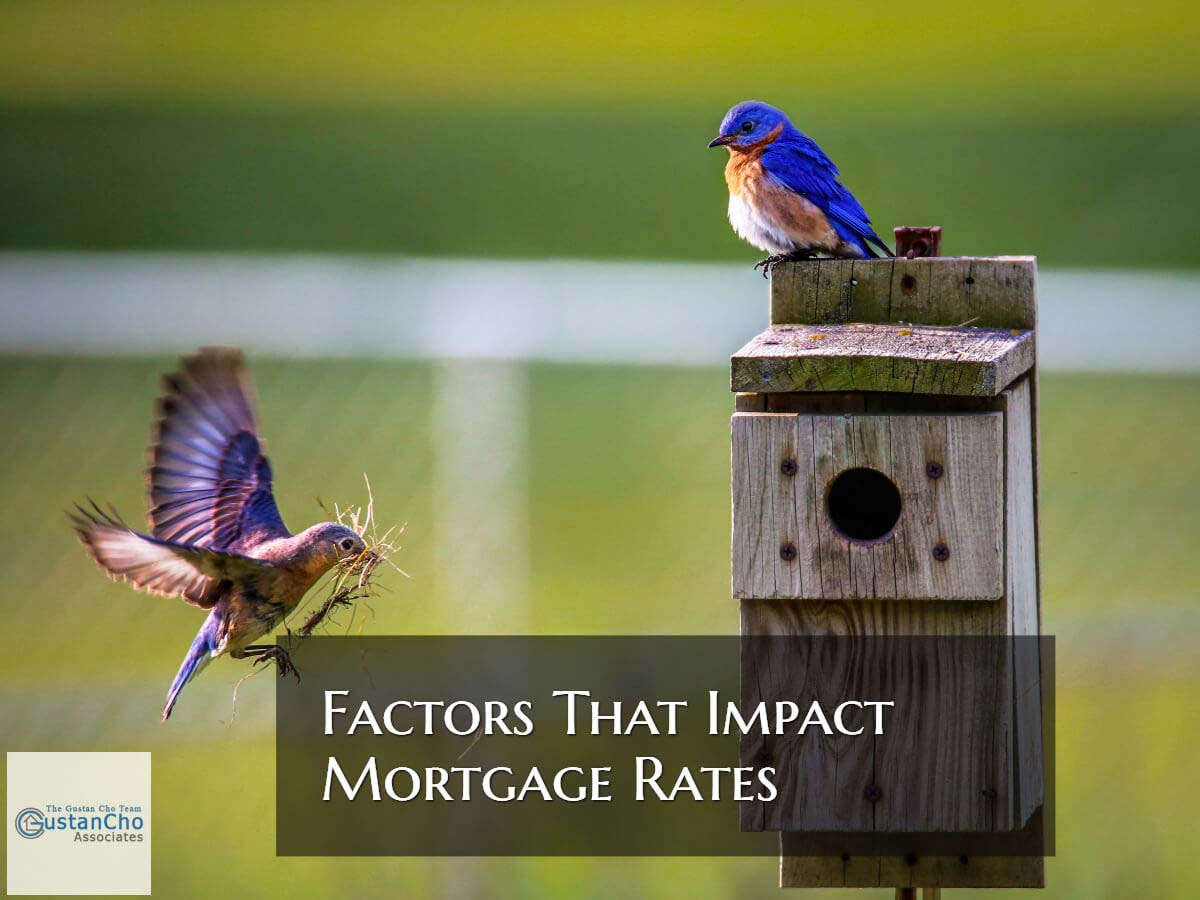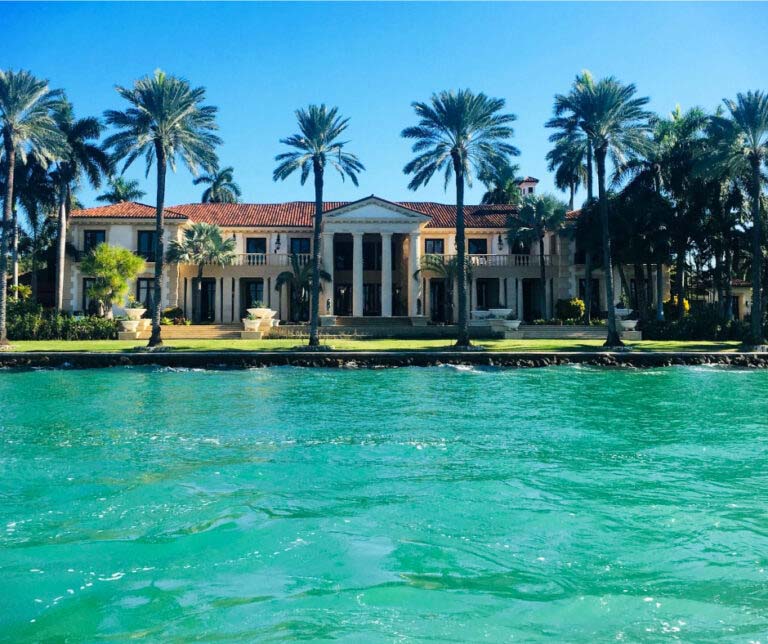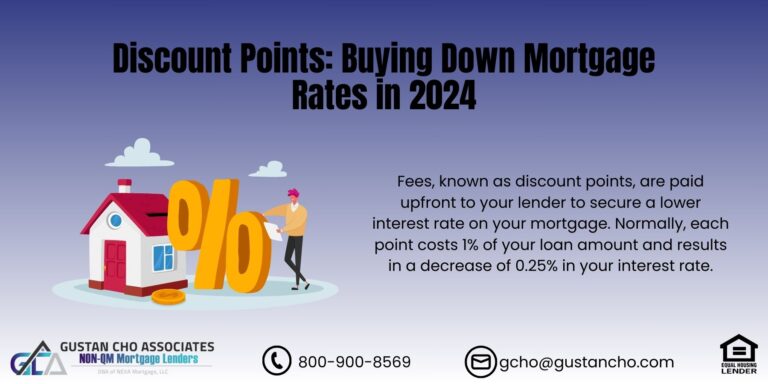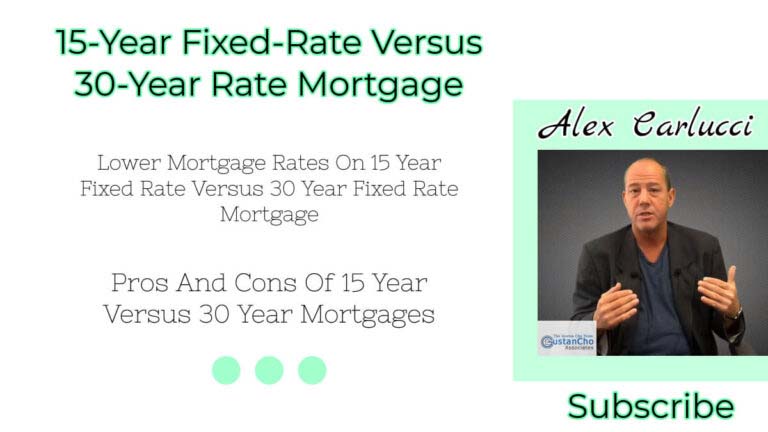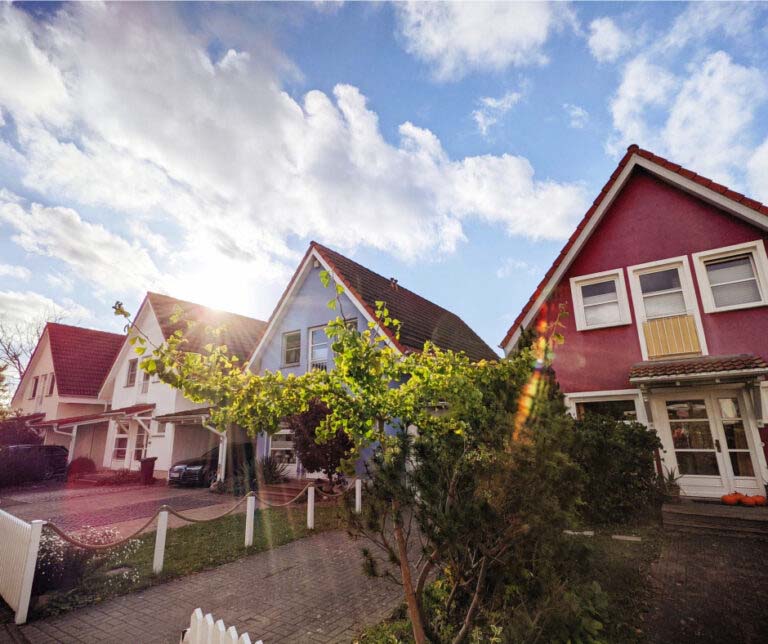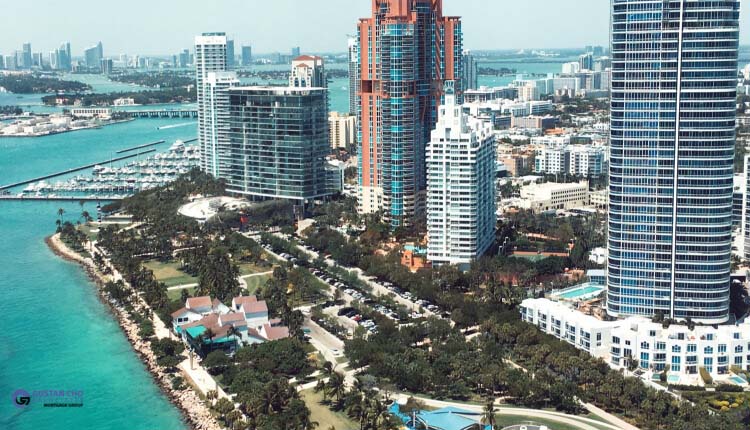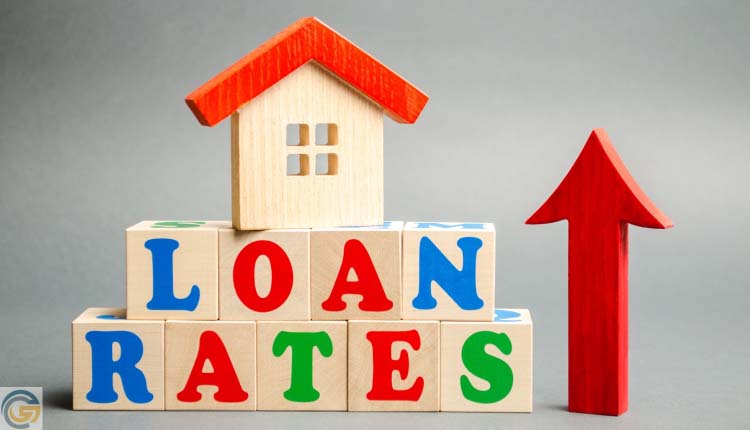Factors That Impact Mortgage Rates On Home Loans
This guide covers what determines mortgage rates on home loans. Mortgage lenders determine rates based on the borrower’s risk level. How can a lender determine a borrower’s risk level? Mortgage companies have several factors they use to determine risk levels for borrowers. The biggest factor used to determine risk is the borrower’s credit score. Pricing hits on risk level are called loan-level pricing adjustments.
Loan-Level Pricing Adjustments are pricing hits based on the borrower’s risk levels. Credit scores, loan-to-value, debt-to-income ratios, manual versus automated underwriting system approval, loan balance, and type of property are all loan-level pricing adjustments and impact mortgage rates.
The lower your mortgage rates are, the lower your monthly mortgage payments are. The lower the rates, the less you pay in mortgage interest over the course and term of your mortgage loan. Credit Scores are the biggest factor in that determines mortgage rates. However, various factors determine mortgage rates. You can do all the shopping you want with various mortgage companies, but you will not get the best rates if you do not meet these factors. This article will discuss what determines mortgage rates on home loans.
What Determines Mortgage Rates?
Mortgage rates are quoted based on the borrower’s risk and the property’s risk. A higher credit score mortgage loan applicant will get a better mortgage rate than a lower applicant. This is because lenders classify higher credit score borrowers as less risky borrowers. A higher down payment and lower loan-to-value will get a lower mortgage rate. This is because they have more skin in the game. The mortgage lender would have less risk if the property were to go into foreclosure. We will be discussing factors that determine mortgage rates.
Credit Scores Is What Determines Mortgage Rates
Conventional mortgage rates are very sensitive to credit scores. The higher the borrower’s credit scores are, the lower their conventional mortgage rates are. For a borrower to get the best conventional mortgage rates, they would need credit scores north of 740 FICO plus. Any 740 FICO or under credit score will get pricing adjustments to the best possible conventional mortgage rates. Borrowers with credit scores of 620 FICO (Minimum credit score to qualify for a conventional loan) will get the highest mortgage rates.
Loan-To-Value Ratio (LTV) Is What Determines Mortgage Rates on Conventional Loans
The higher the loan-to-value is, the higher the mortgage rates will be on conventional loans. You must put in a 25% down payment to get the best conventional mortgage rates with no loan-level pricing adjustments based on loan-to-value. Homebuyers who put in a 25% down payment will get a lower mortgage rate than those who put down a 3% down payment on a home purchase. A lender has a lower risk on a borrower who puts more money into a home purchase. The loan-to-value pricing adjustments only affect conventional and not government mortgages.
What Determines Mortgage Rates is the Type of Mortgage
The longer your mortgage term is, the higher your mortgage rates will be. A 15-year fixed-rate mortgage will have a lower mortgage rate than a 30-year loan term. Adjustable Rate Mortgages have lower mortgage rates than fixed-rate mortgages.
Occupancy Types Factor What Determines Mortgage Rates
Occupancy types will have an impact on your mortgage rates. An owner-occupant and second home will have lower mortgage rates than an investment home. Condominiums have pricing adjustments because lenders consider condos a higher risk than single-family homes.
Property Type Factor on What Determines Mortgage Rates
The type of property you purchase will impact your mortgage rates. A condominium is considered a riskier mortgage loan than a single-family home. Mortgage rates on a condominium loan will be higher than a mortgage loan on a single-family home.
Loan Amount Factor What Determines Mortgage Rates
The mortgage loan amount will have an impact on mortgage rates. Smaller loan amounts of less than $100,000 will have higher mortgage rates than loan amounts of $200,000. Also, conforming loan limits for 2023 are capped at $726,200. Many counties in California are located in high-cost areas. The conventional loan limits in high-cost counties for 2023 are capped at $1,089,300 for single-family homes. High-cost areas in California and other parts of the country where the loan amount exceeds the conforming limits of $726.200 will have higher mortgage rates.
Subordinate Financing Impact Mortgage Rates
If you have subordinate financing, such as a piggyback loan to purchase a home, some lenders can have a loan-level pricing adjustment and charge you a higher rate. Many homeowners with good credit get conventional loans at 80% and a second mortgage for 10% of the purchase price simultaneously, so they avoid private mortgage insurance. Private mortgage insurance is not required on conventional loans if your loan to value is at least 80% or lower. Some lenders can charge a higher rate if you have a piggyback second mortgage. The bottom line is lenders will use any potential risk factor to charge a higher rate.
Mortgage Lenders For Best Rates
Lenders’ compensation is a big factor in what determines mortgage rates. Par pricing on mortgage rates is the same for all lenders. Mortgage rates start with par pricing, and lenders’ compensation gets added to par pricing. The lender’s commission is called yield spread premium. The higher the yield spread premium, the higher the rate for borrowers. Mortgage bankers are not capped on how much they can charge for their compensation. Due to federal laws, mortgage bankers do not have to disclose their yield spread premium.
Mortgage brokers are capped at a 2.75% yield spread premium on purchase and refinance transactions. Mortgage bankers charge much higher than a 2.75% yield-spread premium. Remember, the higher the yield-spread premium, the lower the rates.. The lender needs to charge a reduced compensation to get the lowest rate.
The type of lender you have to originate your loan is another factor what determines mortgage rates. Mortgage brokers generally have the lowest rates because they are capped on how much commission they can charge. Mortgage brokers can charge lower than a 2.75% yield-spread premium if competing to get borrowers the lowest rates. Mortgage brokers can get your raw par pricing and charge you a borrower-paid commission. If you decide to get a second mortgage while you get a first mortgage, you may get higher mortgage rates on your first mortgage. For more information on what determines mortgage rates or other mortgage-related information, please get in touch with us at Gustan Cho Associates Mortgage Group at 800-900-8569 or text us for faster response. Or email us at gcho@gustancho.com. The team at Gustan Cho Associates is available seven days a week, evenings, weekends, and holidays.

